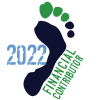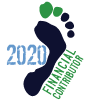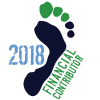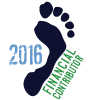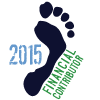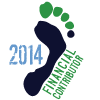From an old post ... and I agree, we should have some forum for this, with "sticky" posts collected at the top.
The most important "exercise": Run in place, then lean forward a bit as if to kiss someone, now you should be running slowly. Continue. If you feel you are not sure about your form while running, stop. Repeat.
Some tips on how to get there:
- Lots of barefoot walking: helps you to adjust to more difficult terrain and environmental conditions (wet, cold, heat), useful to explore possible routes, get your feet used to the ground, build up strength and "tough" feet
- Run slow until it works for you: slow running with fast cadence, baby steps, lifting, etc.; speed will return later when you no longer fear the ground and can apply more force to it without hurting yourself
- Treat the transition as a learning process: barefoot running is a skill and needs to be learned, don't "tough it out", find out what is not working for you, and change your running accordingly; your feet are your best coaches; that said, your feet will adapt with time and provide more protection compared to when you started, it just needs some time (months)
- Run without fear: choose routes that you can run without fear of every step; if every step hurts, you will not be able to learn, and just punish yourself, loosing the fun; ability to run over difficult terrain comes with experience and time (months to years)
- Care for your feet: every day, clean and inspect your feet; some use some kind of oils or fats, some don't, it is up to you; treat any injuries promptly, avoid excessive overuse
If you like videos, then look up the videos of Dr. Mark Cucuzzella. Awesome running form, very good tips, motivational. Just watch out, this guy is a really fast runner. If you need a real "program", then any of those "from zero to 5k" programs for beginners with intermittent walking should do it. The main problem for runners switching to barefoot is the addiction to distance, resulting in the well known to-much-to-soon problem. This can easily be cured by a walk-run-walk-run approach to distance, similar to the way ultra-runners do it.
For me personally, the switch to "barefoot where possible" in daily life was the big factor to make the conversion in running. I guess running is often a bit stressful in the beginning, whereas walking gives you more time to adapt while still providing enough stimulus for growth and adaptation.
So, walk if you can't run!
Regards,
Christian



